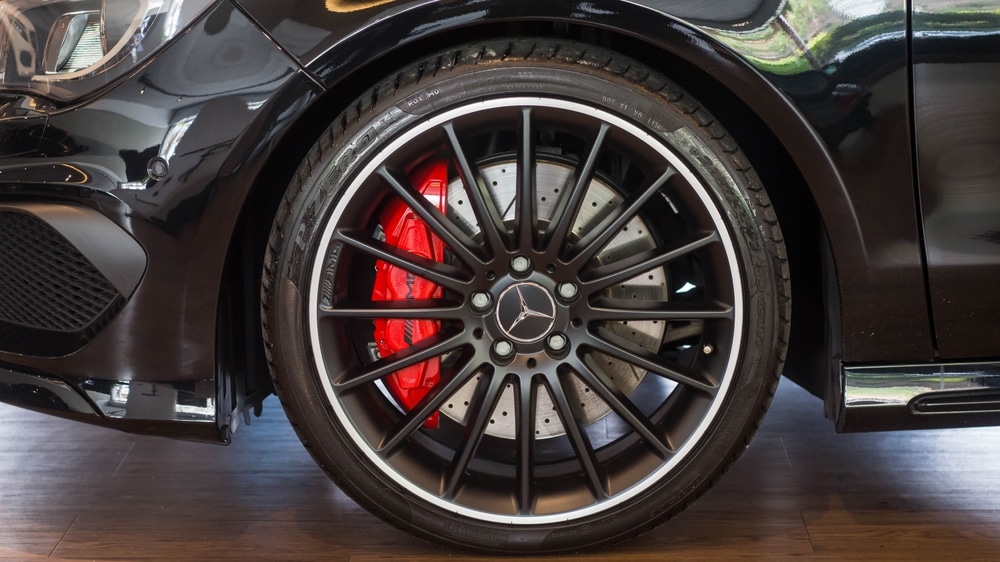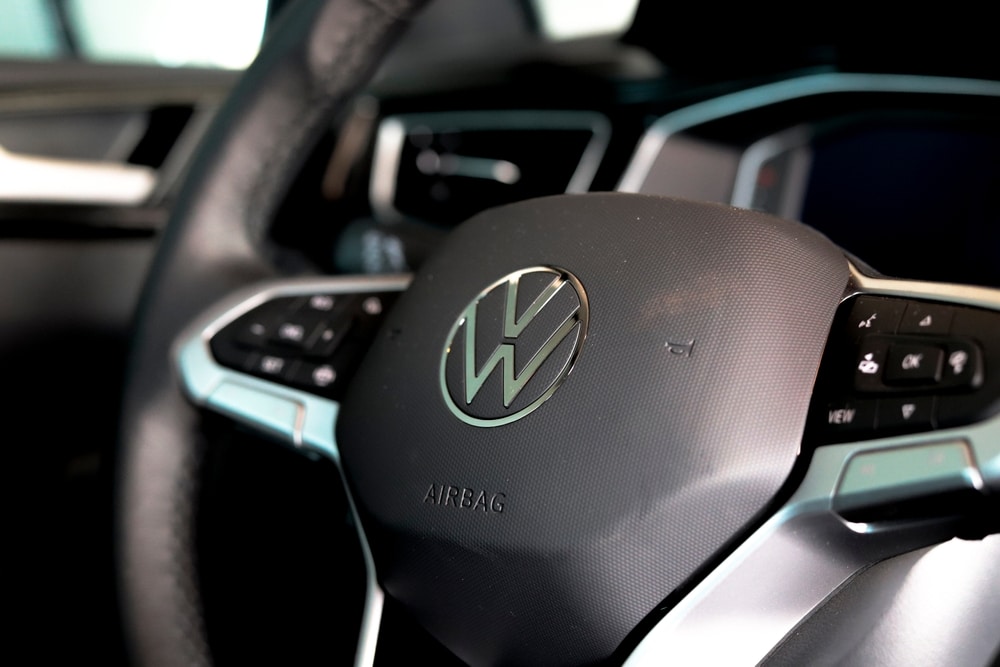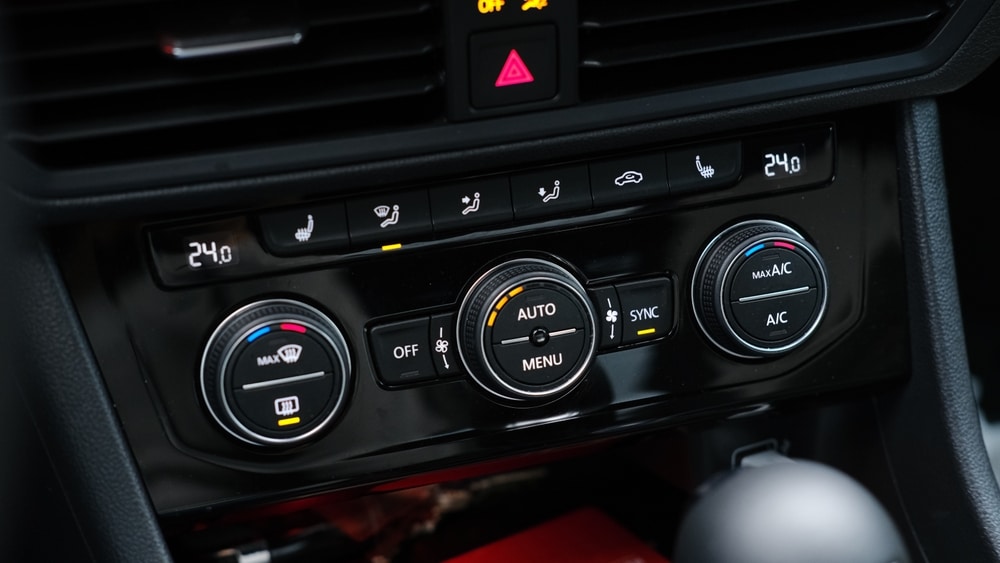Braking System
You might not give much thought to your car’s braking system. You press the pedal, the car stops — not much to it, right?
But the process behind that action is anything but simple. Your vehicle relies on an interconnected set of mechanical and hydraulic components, all engineered to convert your momentum into a controlled stop. Understanding the braking system not only helps you become a more informed motorist, but also reminds you just how essential your brakes are for everyday safety.
In this blog, the team at RS Autotechnik in Dursley walks you through everything you need to know. We’ll explain how car brakes work, what happens the moment you press the pedal, and why routine servicing is essential to keep your brakes in top condition, especially if you’re driving around Bristol, Tetbury or Gloucester.
Let’s take a look.
Braking System Basics: How Your Vehicle Stops
Each time you brake, your car transforms speed into a smooth, measured stop, no matter how much it weighs or how fast it’s travelling. But have you ever wondered how?
The Simple Science Behind Stopping
When your vehicle moves, it carries kinetic energy; the faster you go, the more energy it holds. Your braking system has one job: turn that energy into heat using friction.
Most passenger vehicles rely on either disc or drum braking mechanisms to make this happen. Once you press the pedal, hydraulic pressure is generated and sent through sealed brake lines. At the wheels, that pressure activates either brake discs (with pads that squeeze against the disc) or brake drums (with shoes that press outward). This friction slows the car until it comes to a halt.
To help maintain control in extreme conditions, most modern cars are equipped with Anti-lock Braking Systems (ABS). ABS modulates the brake force under heavy pressure, preventing wheel lock-up and helping you steer safely even while stopping hard.
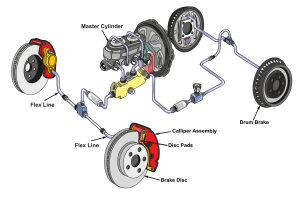
So, what’s really going on when you press the brake pedal?
What Takes Place After You Press the Brake Pedal
What begins as a press with your foot sets off a finely tuned chain reaction within your braking system. Here’s how that moment translates into stopping power.
The brake pedal engages the brake servo, also known as the brake booster. This unit amplifies the force you apply, making it much easier to slow the car down without needing huge leg strength.
That enhanced force then travels to the master cylinder. This is where mechanical energy is turned into hydraulic pressure, forcing pressure through a system of reinforced lines and hoses via the brake fluid.
Because it’s sealed, this hydraulic system efficiently distributes pressure to all four wheels, ensuring uniform braking across the car.
At each wheel, this pressure activates one of two types of braking systems:
- Disc brakes: These are the most common today. The hydraulic pressure causes brake pads to grip a spinning brake disc. The resulting friction converts kinetic energy into heat, gradually reducing your car’s speed.
- Drum brakes: Found on some older models or rear wheels, these use wheel cylinders to push brake shoes outward against a spinning drum. The contact between shoes and drum produces the same friction-driven slowdown.
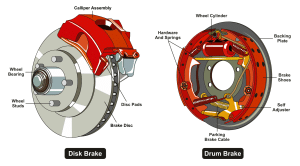
Once you lift your foot from the pedal, everything resets. The pedal returns to its original position, pressure inside the lines drops, and the brakes release their hold, ready for the next stop.
All of this happens in the blink of an eye, giving you full control with just a tap of your foot.
Routine servicing at RS Autotechnik helps ensure this system remains reliable. Our skilled team in Dursley will assess your brakes thoroughly and catch any signs of wear before they escalate, giving you the best chance at keeping your brakes in good condition.
Other Key Features of the Braking System
Anti-lock Braking System (ABS)
ABS kicks in during emergency stops or low-traction conditions. When sensors detect a wheel about to lock, the system automatically adjusts brake pressure, releasing and reapplying it in quick pulses. This prevents skidding and lets you control your car effectively while braking.
Parking Brake
Also known as the handbrake, this secondary brake is designed to keep your car stationary when parked and act as a backup if the main system fails. Traditional setups use a lever and cable to mechanically engage the rear brakes. Newer cars often feature an electronic handbrake operated by a switch.
Regardless of the setup, the parking brake functions separately from the main braking system and is legally required to act on at least two wheels, making it an essential safety feature as well as a parking tool.
Trust RS Autotechnik to Keep Your Braking System in Top Condition
Brakes are easy to overlook until something doesn’t feel quite right. Whether it’s a subtle noise, a vibrating pedal, or just a hunch that something’s off, it’s best not to ignore it.
At RS Autotechnik in Dursley, we believe safety starts with proactive care. That’s why we inspect your braking system as part of every scheduled service. And if something feels wrong between visits, we’re here to help, promptly, honestly, and without fuss.
We support drivers across Dursley, Bristol, Tetbury and Gloucester with expert care, transparent pricing, and long-lasting results.
We have a {{average-rating}} star Google rating from {{review-count}} satisfied customers across the region.
Here’s what makes us the trusted choice for brake repairs and servicing:
- Complimentary courtesy car to keep your day moving
- 12-month guarantee on all parts and labour
- Clear communication — no jargon, just sound advice
- Genuine and OEM-quality* parts fitted to manufacturer standards
- Access to dealer-level diagnostic equipment for precise assessments
If your car is due a service, or if you’ve noticed anything unusual with your brakes, give us a call on 01453 796345. At RS Autotechnik, Dursley, we’ll make sure your braking system is performing exactly as it should.
Call Now 01453 796345Save on Brake Servicing
*OEM stands for Original Equipment Manufacturer. When it comes to vehicle parts, this means the parts are made by the same company that produced the original parts for the vehicle manufacturer
